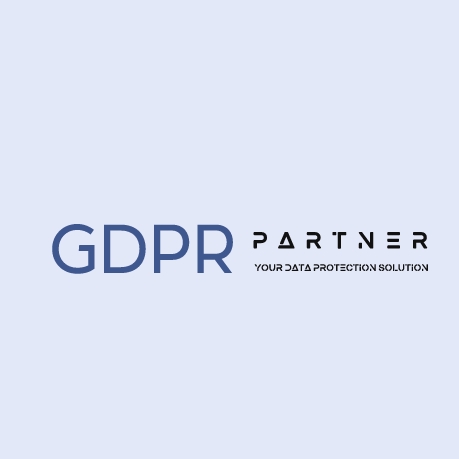The importance of regular data protection audits
The General Data Protection Regulation (GDPR) is a comprehensive data protection law that came into effect in May 2018. It was designed to harmonize data privacy laws across Europe and to protect EU citizens' data privacy. GDPR not only applies to organizations located within the EU but also to those outside the EU if they offer goods or services to, or monitor the behavior of, EU data subjects. Non-compliance can lead to severe penalties, including fines of up to 4% of annual global turnover or €20 million, whichever is greater.
Data is often referred to as the new oil, powering the digital economy and driving growth across all sectors. Protecting this data is not just a legal requirement but a critical component of maintaining a competitive edge, ensuring customer trust, and safeguarding your company's reputation.
Why Regular Data Protection Audits are Crucial
Regular data protection audits help organizations identify potential vulnerabilities in their data handling processes. By proactively addressing these risks, companies can prevent data breaches and the associated financial and reputational damage.
GDPR requires organizations to demonstrate compliance with its principles. Regular audits are an effective way to ensure that data protection practices remain in line with GDPR requirements and to document compliance efforts.
In an era where data breaches are increasingly common, customers are more aware and concerned about their data privacy. Regular audits show a commitment to data protection, enhancing customer confidence and loyalty.
The Process of Conducting a Data Protection Audit
Before conducting an audit, it is essential to define the scope, objectives, and criteria of the audit. This involves understanding the data processing activities, the data types handled, and the legal basis for processing.
A data protection audit typically involves reviewing policies and procedures, assessing technical and organizational measures, interviewing staff, and analyzing documentation and data flows. The goal is to identify any gaps in compliance and to develop an action plan to address them.
Following an audit, it is crucial to implement the recommended changes and to establish a process for ongoing monitoring and review. This ensures continuous improvement and helps maintain compliance over time.
Challenges in Data Protection Audits
One of the main challenges in conducting data protection audits is the complexity of the regulatory environment. Organizations must be vigilant to avoid common pitfalls such as overlooking employee training or failing to regularly update data protection policies.
As technology and data usage evolve, so do data protection regulations. Regular audits are essential to ensure that organizations keep pace with these changes and adapt their practices accordingly.






Comments (0)